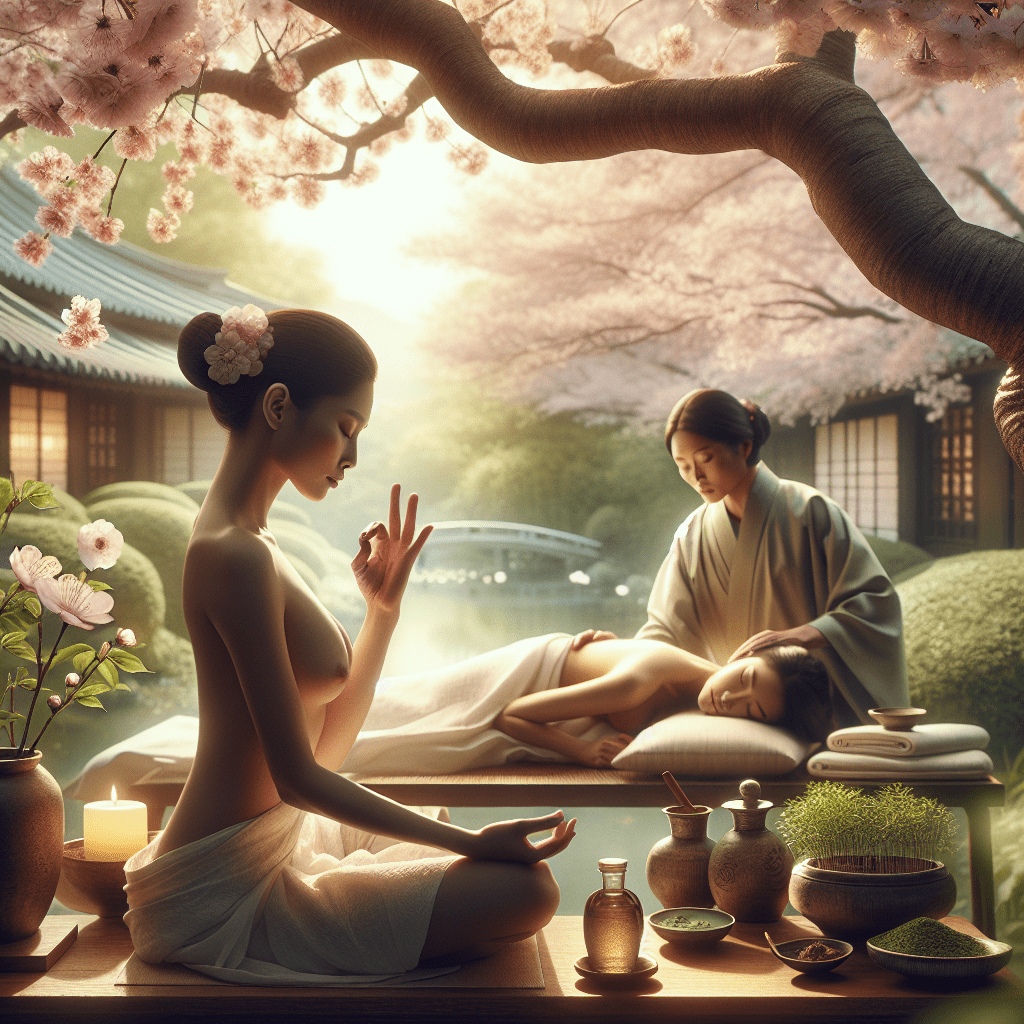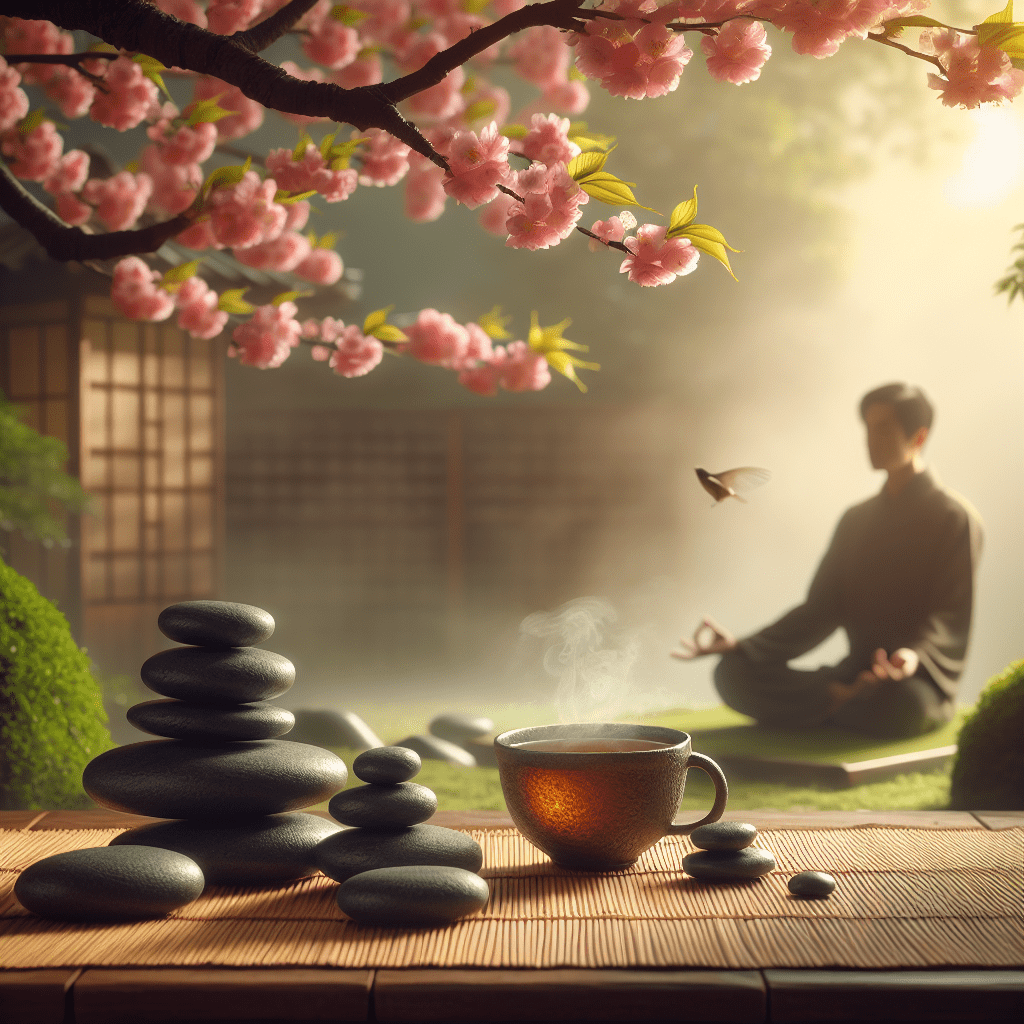As Sarah reached for yet another bottle of over-the-counter pain medication, she sighed deeply. For three years, she had battled chronic migraines that seemed impervious to conventional treatments. Countless doctor visits, numerous prescriptions, and multiple tests had yielded little relief. It wasn’t until a friend suggested she visit a traditional Chinese medicine practitioner that Sarah’s healing journey truly began. Through a combination of acupuncture, herbal remedies, and lifestyle adjustments based on ancient principles of balance, her migraines gradually diminished in both frequency and intensity.
Sarah’s story is far from unique. Across the globe, countless individuals find themselves at the limits of what Western medicine can offer, only to discover profound healing through traditional Eastern practices that have endured for thousands of years. These ancient healing systems—often dismissed or overlooked by conventional Western healthcare—hold valuable secrets that could complement modern approaches and provide more holistic solutions to our most pressing health challenges.
The Holistic Nature of Eastern Healing Traditions
Unlike the symptom-focused approach common in Western medicine, traditional Eastern healing practices view health through a fundamentally different lens. These ancient systems treat the person as an integrated whole—where physical symptoms are merely expressions of deeper imbalances that may be physical, emotional, energetic, or spiritual in nature.
Traditional healing knowledge recognizes that our bodies are not simply mechanical systems with isolated parts that malfunction. Instead, they’re intricate networks where everything is connected. A headache isn’t just pain in your head—it might reflect liver imbalance, emotional stress, or disrupted energy flow throughout the body.
Dr. Min Liu, a practitioner of both Western and Eastern medicine, explains: “In traditional Eastern healing, we don’t just ask ‘what is wrong?’ but rather ‘why is this happening?’ We examine the patient’s entire life—their emotions, diet, sleep patterns, relationships, and spiritual well-being—to understand the root cause of their ailment.”
This holistic view extends beyond the individual to include their relationship with nature and community. Traditional healing knowledge emphasizes harmony with natural cycles, seasonal changes, and environmental factors—an aspect increasingly validated by modern research on chronobiology and environmental health.
Balance and Harmony: The Foundation of Traditional Chinese Medicine
At the heart of Traditional Chinese Medicine (TCM) lies the concept of balance—particularly between the complementary forces of yin and yang. This ancient understanding sees health as a state of harmony between opposing yet interdependent energies.
When these forces fall out of balance, illness manifests. For instance, conditions characterized by inflammation, restlessness, or acute symptoms might be classified as excess “yang,” while chronic fatigue, coldness, or depleted states might indicate excess “yin.” Traditional healing knowledge offers various methods to restore this delicate balance.
Herbal medicine stands as one of TCM’s most sophisticated practices. Unlike Western pharmaceuticals that typically isolate active compounds, traditional herbal formulas combine multiple plants in precise ratios to address the whole person. A classic formula might contain herbs that target the main condition, support related systems, moderate potential side effects, and enhance overall effectiveness.
Ms. Chen, a third-generation herbalist, shares: “Our herbal wisdom has been refined over centuries. We don’t just prescribe ginger for nausea—we consider the person’s constitutional type, current imbalances, and season before creating a customized formula that might contain 10-15 herbs working in concert.”
Acupuncture—another cornerstone of traditional healing knowledge—works by stimulating specific points along energy channels called meridians. These invisible pathways conduct qi (vital energy) throughout the body. By inserting thin needles at precise locations, practitioners can redirect energy flow, release blockages, and restore balance. Research increasingly supports acupuncture’s effectiveness for pain management, stress reduction, and numerous other conditions.
Mindfulness practices like qigong, tai chi, and meditation form another essential aspect of traditional healing. These gentle yet powerful exercises harmonize body, breath, and mind while cultivating qi. Regular practice strengthens what Eastern traditions call “protective qi”—similar to what Western medicine might term the immune system.
The Growing Integration of East and West
While skepticism about traditional healing knowledge once dominated Western medical thinking, a remarkable shift has occurred in recent decades. Medical institutions increasingly recognize the value of integrating Eastern wisdom with conventional approaches.
Dr. Andrew Weil’s program at the University of Arizona was among the first to formally train physicians in integrative medicine, incorporating traditional healing knowledge alongside evidence-based conventional practices. Today, major medical centers including Mayo Clinic, Cleveland Clinic, and Johns Hopkins offer acupuncture, mindfulness training, and other traditional approaches.
Research supports this integration. A landmark study published in the Journal of the American Medical Association found acupuncture significantly more effective than standard care for chronic back pain. Similarly, mindfulness-based stress reduction programs—rooted in ancient Eastern practices—have demonstrated effectiveness comparable to antidepressants for preventing depression relapse.
The Cleveland Clinic’s Center for Integrative Medicine reports that 76% of patients receiving acupuncture experienced meaningful pain reduction, while 85% reported improved quality of life. Dr. Jamie Starkey, Lead Acupuncturist at the center, notes: “We’re seeing patients who’ve exhausted conventional options find substantial relief through traditional approaches. The future of medicine isn’t either/or—it’s both/and.”
This integration benefits patients in multiple ways. Traditional healing knowledge often provides effective options for chronic conditions where conventional medicine struggles, such as pain management, stress-related disorders, and autoimmune diseases. Additionally, traditional approaches typically carry fewer side effects and foster greater patient engagement in their healing process.
The Cultural Significance of Traditional Healing Knowledge
Beyond its clinical applications, traditional healing knowledge carries profound cultural significance. These practices embody the collective wisdom, values, and identity of the cultures that developed them. They represent living links to ancestral knowledge that has sustained communities for millennia.
“When I practice traditional medicine, I’m not just treating patients—I’m honoring my ancestors and preserving wisdom that might otherwise be lost,” explains Dr. Wang, who combines a Western medical degree with extensive training in traditional Chinese practices. “These aren’t simply techniques; they’re entire worldviews about humanity’s relationship with nature and the cosmos.”
For many communities, traditional healing knowledge provides a sense of cultural continuity and belonging in an increasingly homogenized world. Healing ceremonies, herbal knowledge, and wellness practices often serve as vehicles for intergenerational connection and cultural transmission.
Anthropologist Dr. Maria Santos, who studies traditional healing systems globally, observes: “These practices aren’t static relics but dynamic, evolving traditions that have adapted to changing circumstances while maintaining their core principles. They offer valuable perspectives on sustainable wellness that our modern, consumption-driven healthcare systems could learn from.”
The cultural dimensions of traditional healing extend to community-building aspects often absent from Western healthcare. Many traditional systems emphasize preventative practices performed collectively—from tai chi in parks to communal healing ceremonies—fostering social connections known to enhance overall well-being.
HerbalsZen: Bridging Ancient Wisdom and Modern Technology
At HerbalsZen, we believe deeply in the power of traditional healing knowledge while recognizing the need to make these ancient secrets accessible in our modern world. Our innovative EASTCHI AI platform represents the culmination of this philosophy—a seamless integration of 2,000-year-old Eastern medical wisdom with cutting-edge artificial intelligence.
EASTCHI AI analyzes individual constitutional types through the lens of Five Element Theory—a foundational concept in traditional Eastern medicine that categorizes people according to elemental tendencies (wood, fire, earth, metal, water). This personalized approach allows us to provide customized nutrition plans, lifestyle recommendations, and wellness strategies tailored to each person’s unique needs.
“What makes our approach unique is that we’re not simply digitizing ancient texts,” explains Dr. Lin, HerbalsZen’s chief medical advisor. “We’re creating a dynamic system that preserves the nuanced, personalized nature of traditional diagnosis while making it accessible to people who might never have the opportunity to consult with a traditional practitioner.”
The platform embraces the Eastern concept of food as medicine, offering seasonal dietary guidance based on traditional principles. In autumn, for example, EASTCHI AI might recommend warming foods and lung-supporting herbs in alignment with traditional wisdom about seasonal health maintenance.
For Sarah, the migraine sufferer mentioned earlier, EASTCHI AI could identify potential imbalances in her liver meridian, suggest specific foods to avoid, recommend cooling herbs to restore balance, and provide guidance on stress-reduction practices tailored to her constitutional type.
The Enduring Relevance of Traditional Healing Knowledge
As our global health challenges grow increasingly complex, the wisdom contained in traditional healing knowledge becomes more relevant, not less. These ancient secrets offer perspectives and solutions that complement our technological advances in medicine.
While modern pharmaceuticals can save lives during acute crises, traditional approaches excel at addressing the chronic lifestyle-related conditions that now dominate our healthcare landscape. Heart disease, diabetes, chronic pain, and mental health disorders—all areas where conventional medicine often struggles—respond well to the holistic strategies preserved in traditional healing systems.
Traditional healing knowledge also offers sustainable approaches to wellness that don’t rely on expensive technologies or pharmaceuticals. Simple practices like mindful breathing, seasonal eating, and herbal remedies provide accessible tools for maintaining health and preventing disease.
Perhaps most importantly, these ancient traditions remind us that healing is more than eliminating symptoms—it’s about restoring harmony and balance to our entire being. They teach us to listen to our bodies, honor natural rhythms, and recognize the profound connections between our physical health and our emotional, social, and spiritual well-being.
As you consider your own health journey, we encourage you to explore the rich tapestry of traditional healing knowledge alongside conventional approaches. Whether through acupuncture sessions, mindfulness practices, seasonal eating based on Eastern principles, or platforms like EASTCHI AI that make these traditions accessible, incorporating ancient wisdom can provide a more complete path to wellness.
The secrets of traditional healing have sustained countless generations through millennia of human history. In our modern quest for health, we would be wise not to overlook their enduring power.




